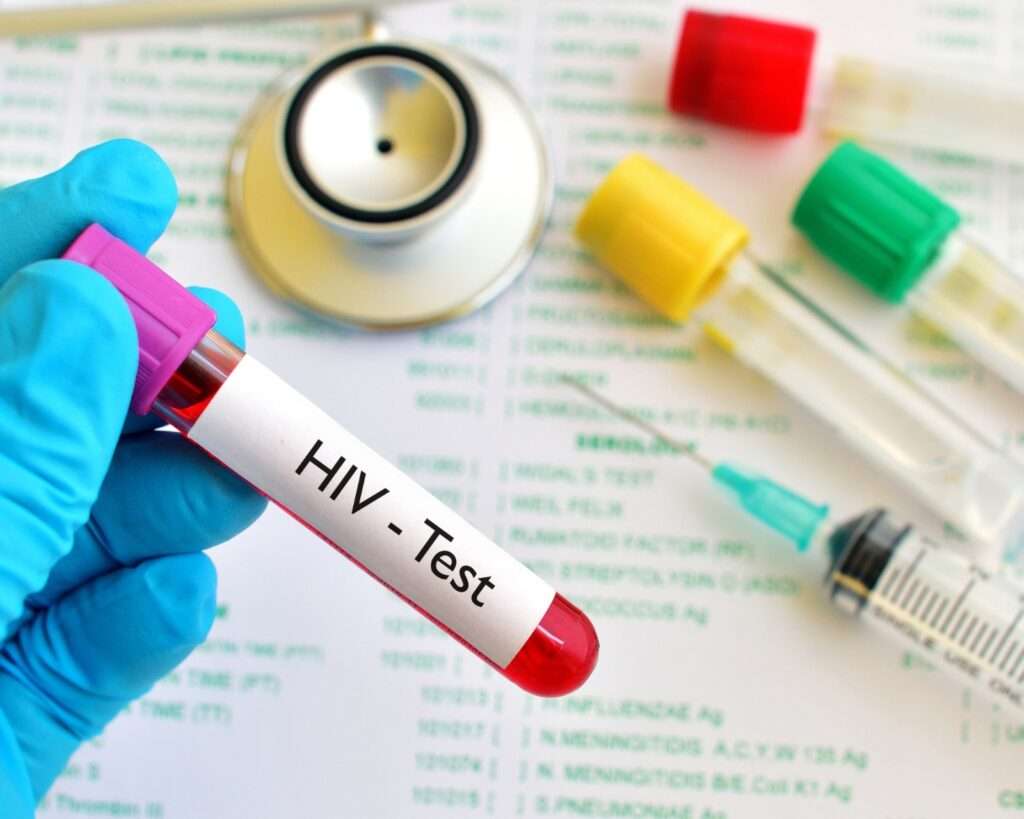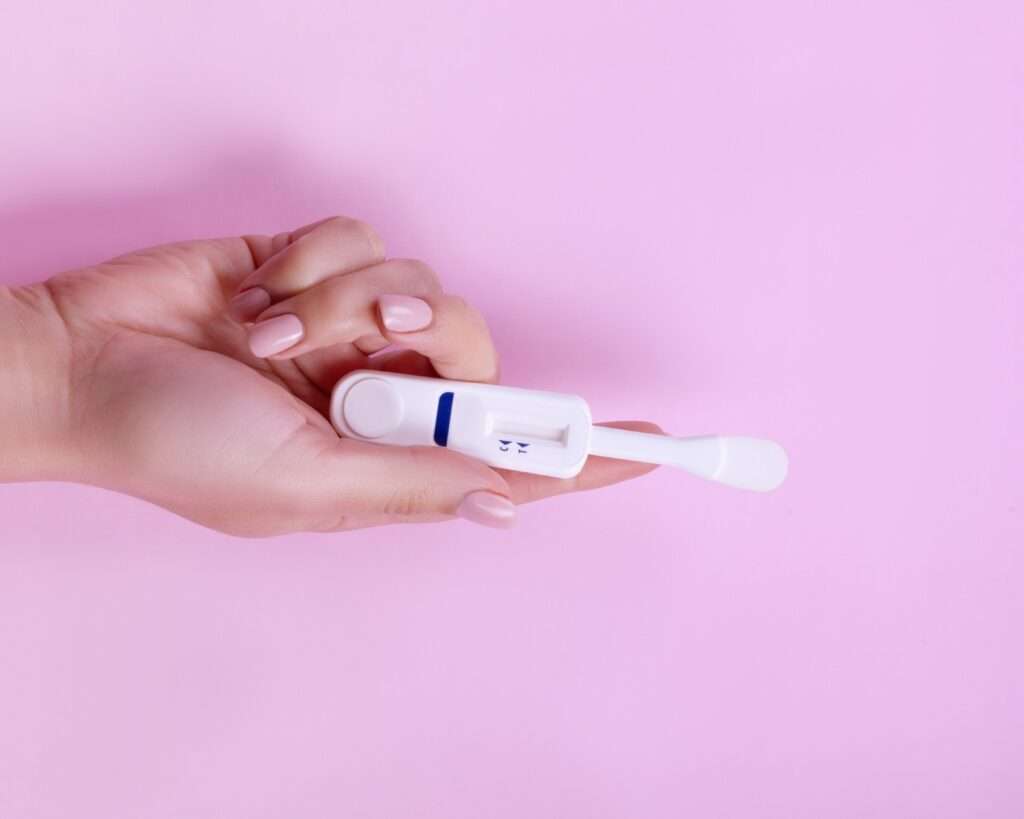Different Types of HIV Testing
By Ramesh Vadiveloo (13.11.2024)
In Malaysia, several types of HIV testing are available, each suited to different needs and situations. Here’s an overview of the main types of HIV testing offered at clinics and hospitals.

A. Antibody Tests
a. What It Is: This test detects antibodies produced in response to HIV in blood or saliva samples.
b.Types Available:
i. Rapid Test: Provides results within 20-30 minutes and is commonly used for quick, preliminary screening.
ii. ELISA (Enzyme-Linked Immunosorbent Assay): A more sensitive, lab-based test that typically takes a few days for results.
c. Window Period: Can detect HIV 3-12 weeks after exposure, depending on the individual’s immune response.
d. Advantages: Widely available, cost-effective, and commonly used as the first line of testing.
e. Availability: Available in larger hospitals and specialised clinics across Malaysia and suitable for routine screening.
B. Antigen/Antibody Combination Test (4th Generation Test)
a. What It Is: Detects both HIV antibodies and the p24 antigen (a viral protein), allowing for earlier detection compared to antibody-only tests.
b. Window Period: Can identify HIV as early as 2-4 weeks post-exposure.
c. Advantages: Provides an earlier diagnosis window, which is beneficial for timely treatment.
d. Availability: Available in larger hospitals and specialised clinics across Malaysia, used in situations requiring prompt and accurate results.
C. Polymerase Chain Reaction (PCR) Test
a. What It Is: A highly sensitive test that detects HIV’s genetic material (RNA or DNA) directly, rather than antibodies or antigens.
b. Window Period: Detectable as early as 10-14 days post-exposure, making it one of the earliest available methods for HIV detection.
c. Advantages:
i. Early detection, even before antibodies have developed.
ii. High accuracy for recent exposures.
iii. Effective for testing newborns born to HIV-positive mothers.
d. Use Cases: Often used in high-risk exposure cases, where early detection is critical, and for testing newborns and other scenarios requiring a definitive early-stage diagnosis.
e. Availability: Primarily available in specialised health centres and larger hospitals due to the need for advanced equipment and technical expertise.
D. Rapid Test Kit (Administered by Healthcare Professionals)
a. What It Is: A quick, point-of-care test administered by healthcare providers, typically using a small blood sample (often from a finger prick) to detect HIV antibodies, with results available within 20-30 minutes.
b. Window Period: Detectable around 3-12 weeks post-exposure, as it relies on the presence of antibodies.
c. Advantages:
i. Fast and convenient, delivering results in minutes.
ii. High accuracy when administered by professionals.
iii. Allows for immediate counselling and follow-up if positive.
d. Use Cases: Ideal for individuals seeking quick results in a clinical setting, for routine screening, or for situations where immediate feedback is beneficial.
e. Availability: Widely offered at sexual health clinics, community health centres, and hospitals across Malaysia.

E. Self-Test Kits
a. What It Is: At-home test kits allowing individuals to check for HIV antibodies using a saliva sample or a blood sample from a finger prick, providing a private and accessible option.
b. Window Period: Detectable around 3-12 weeks post-exposure, as it depends on the presence of antibodies.
c. Advantages:
i. Convenient, private, and accessible.
ii. Encourages regular testing among at-risk individuals or those concerned with confidentiality.
d. Use Cases: Suitable for individuals preferring a private testing method, those in areas with limited access to clinics, or for routine self-monitoring by at-risk individuals.
e. Availability: Approved self-test kits are available at pharmacies and sexual health clinics, with instructions for safe and accurate use. Follow-up confirmation is advised if the result is positive.
Confirmatory Testing
PCR Test as Confirmatory Method: In Malaysia, the Polymerase Chain Reaction (PCR) test is used as the primary confirmatory test for HIV. This method directly detects HIV’s genetic material, making it highly accurate and reliable.
Importance: PCR as a confirmatory test ensures accuracy of diagnosis following a positive result from an initial screening, helping to avoid false positives and providing certainty for patients.
Factors to Consider When Choosing a Test
a. Window Period: Different tests have specific window periods after exposure for accurate detection, which may influence test choice depending on timing.
b. Confidentiality: Many clinics and hospitals offer confidential testing options, while self-test kits provide privacy at home.
c. Cost: Some tests may be subsidised at government facilities, with private clinics potentially charging additional fees.
d. Turnaround Time: Rapid tests provide immediate results, while lab-based tests, such as ELISA or PCR, may take several days.
Conclusion
Regular HIV testing is an essential part of personal health management, supporting early diagnosis, access to treatment, and overall health and well-being. Whether opting for professional testing at a clinic or a self-test at home, taking the initiative to test for HIV is a responsible step toward a healthier future. For personalised advice on selecting the right test and interpreting results, consult a healthcare provider.
#KLEMClinics #MensHealth #SexualHealth #YourHealthOurPriority #WellnessWithKLEM #TrustedCare #KLEMExperience #HIV #HIVTest #HIVRapidTest #HIVSelfTest #HIVPCRTest